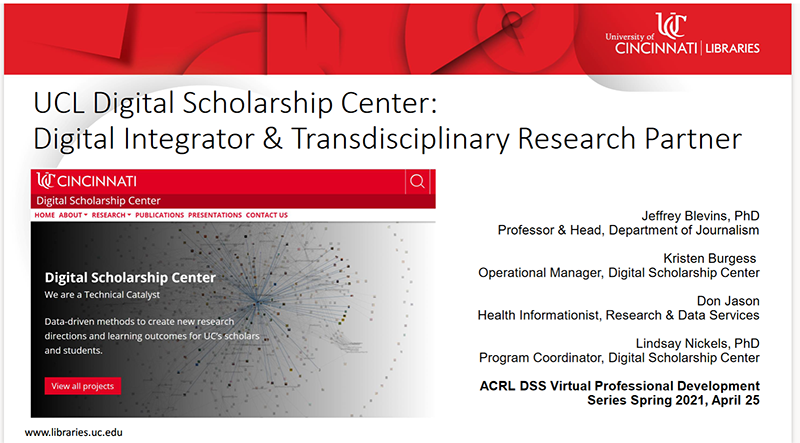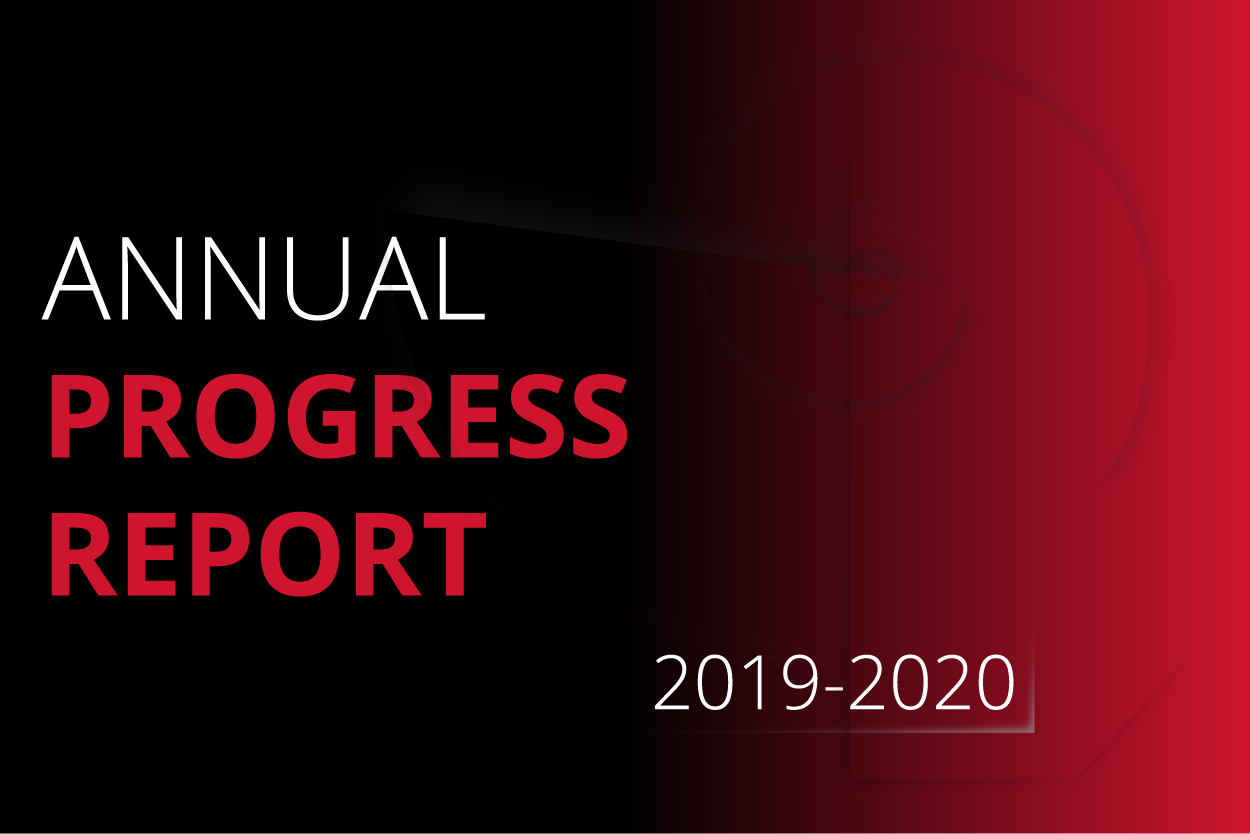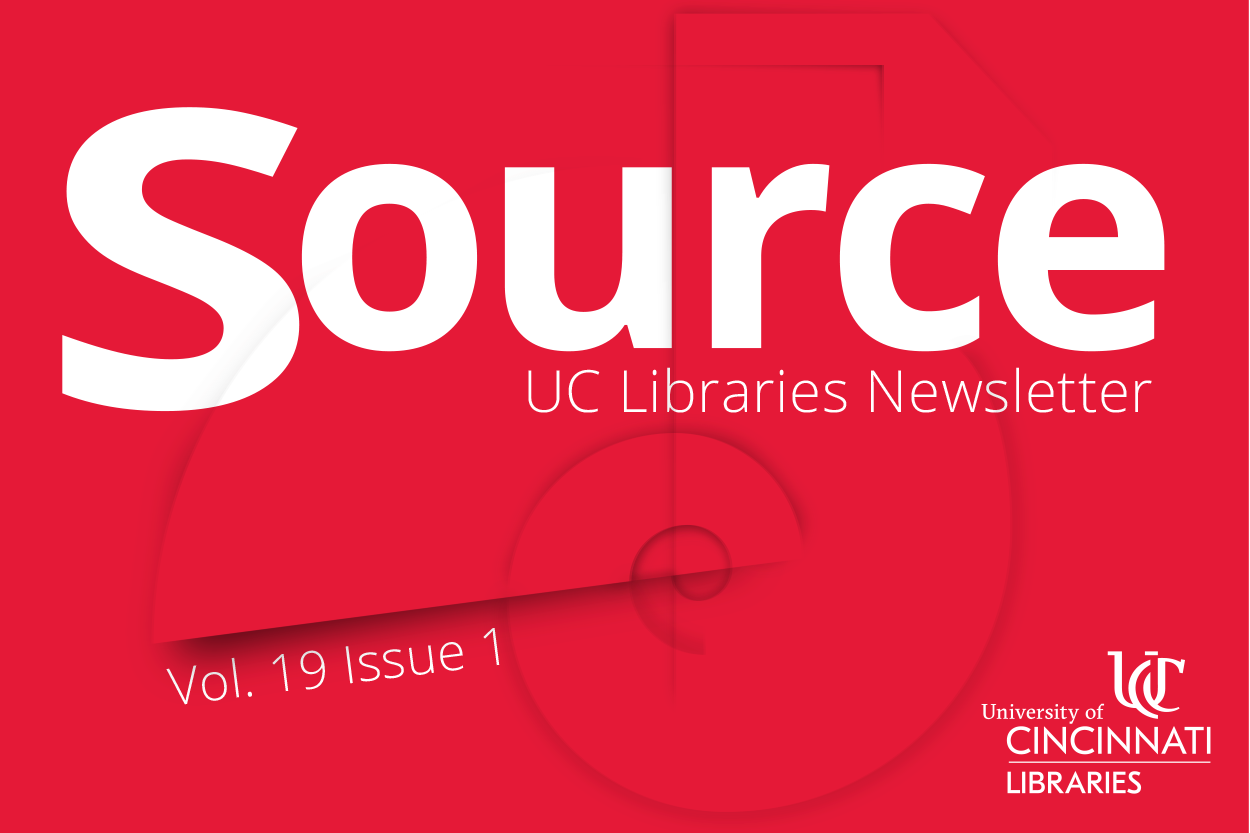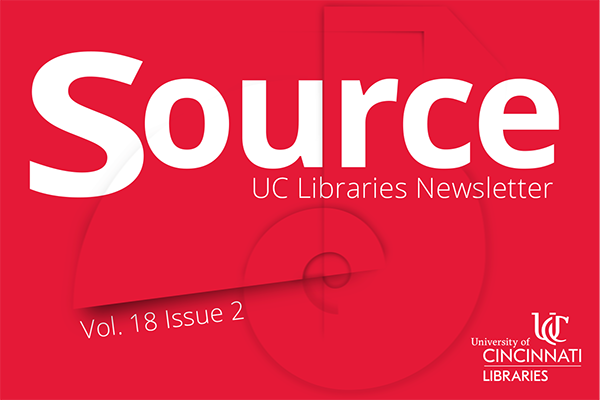
Love Data Week 2021
Love Data Week takes place the week of Valentine’s Day. Created to raise awareness of research data management, sharing, reuse, and preservation of data, it has been promoted by library and data professionals since 2016 in both online and in-person events. You can see some of the events taking place around the world at the International Love Data Week 2021 schedule.
One of the ways we at RDS/UCL celebrate is to participate in the Adopt a Dataset program that ICPSR hosts every year. ICPSR choses to highlight interesting data sets from their collection for individuals to explore to learn more about data. Once a dataset is chosen, you may fill out the Dataset adoption form and have your name added to the wall of adopters. Adopters are encouraged to delve into the data by reading about the research, look at the variables, try out the analysis tools online, and read related publications.
ICPSR is a member consortium that UC belongs to that provides access to datasets from over 15,000 studies, over 5.6 million variables, which have had over 95,000 publications that cited those studies. It also provides curated data repository services for researchers, including secure data enclaves, which fulfill finding requirements for data management plans. Although most studies are quantitative in the social and behavioral sciences, there are also themed collections in the arts, humanities, and some health sciences. Teaching resources, online analysis tools, and pre-made exercise modules also are available to members.
There are a wide variety of datasets to choose from this year, ranging from education, to social media, social justice, to health. I chose to adopt one on music, Study of Jazz Artists, 2001 (ICPSR 35593). I started out by looking at the description of the study and how it was conducted. I then jumped into browsing the variables, one of the tabs found on the data set page. One of the great features of ICPSR is that you can search by variable if you are looking for specific studies to replicate or want to see if your own survey questions fit what others have asked in the past.
One variable jumped out at me – Q32- Age Began Playing First Instrument. My own children play instruments and I always wonder if we’ve started them at the right age or not. Looking at the result for this variable, I can see the unweighted results, including summary statistics and a variables chart. The median age was 9, the mode was 10, the maximum was 35, and the minimum was 1! I guess there’s still hope if you’re in your 30s to pick up an instrument to become a professional jazz musician! The sweet spot to start your child appears to be the 8-10 year old range.
If you have questions about Love Data Week, ICPSR, Data, Data Management Plans, Cleaning, Storing, Finding, or Using Data, contact us at Research and Data Services here at UC Libraries. We would love to help you with your projects, offer a workshop to your department or class, or discuss your data needs.




 In this issue of Source,
In this issue of Source,  Read Source, the online newsletter, to learn more about the news, events, people and happenings in UC Libraries.
Read Source, the online newsletter, to learn more about the news, events, people and happenings in UC Libraries.